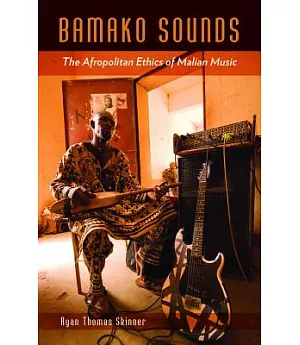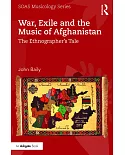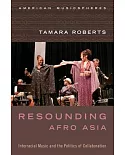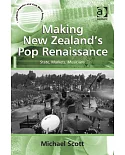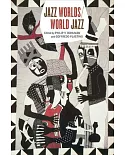This study examines the morality and ethics of musical identity and expression in Bamako, Mali, and the ethical stance of its residents in relation to national, local, translocal, and global
polities, which the author calls “Afropolitan ethics,” which places Africans’ in a postcolonial and diasporic geopolitical framework and represents urban African perspectives that emphasize
cultural provenance and practice, the common concerns and interests of African peoples, and the injustices that prohibit their access to the international community. He considers how these
ethical stances frequently appear in musical performance and interpretation and how the concept of Afropolitanism is revealed in the lives and works of these musicians. He presents case studies
of how urban social space is conceived, lived, and perceived in the city; the ethics of being an artist in postcolonial Mali; the aesthetics of instrumental and vocal performance and how
musicians present their social and professional status and identity; and popular music’s integration into social, economic, and political life in Bamako in social spaces where religion
(specifically Islam), intellectual property and copyright law, and national identity are important. Annotation ©2015 Ringgold, Inc., Portland, OR (protoview.com)

